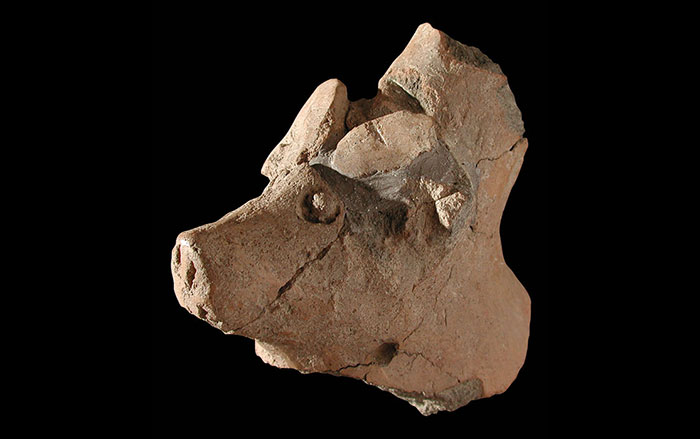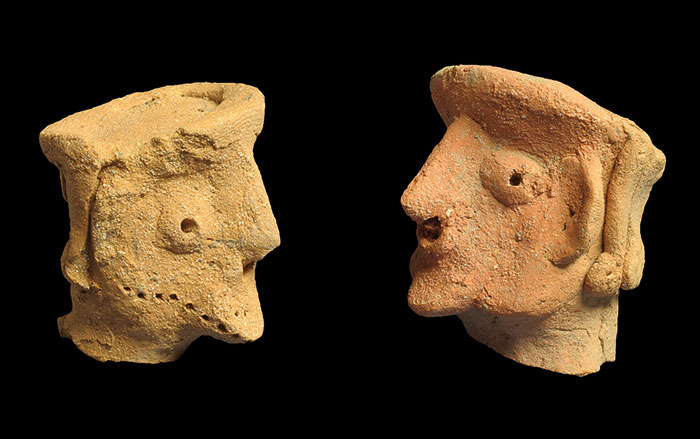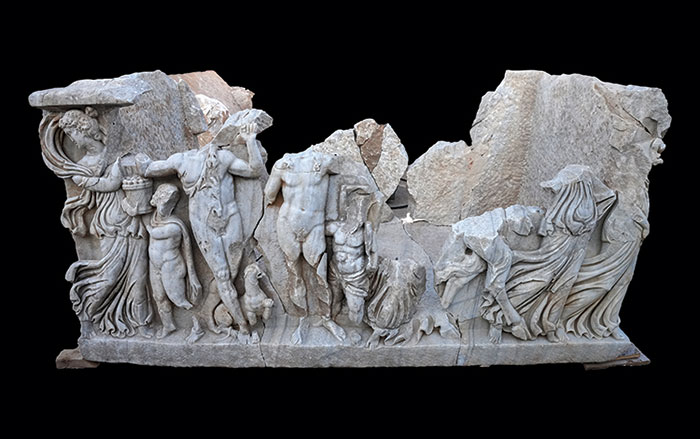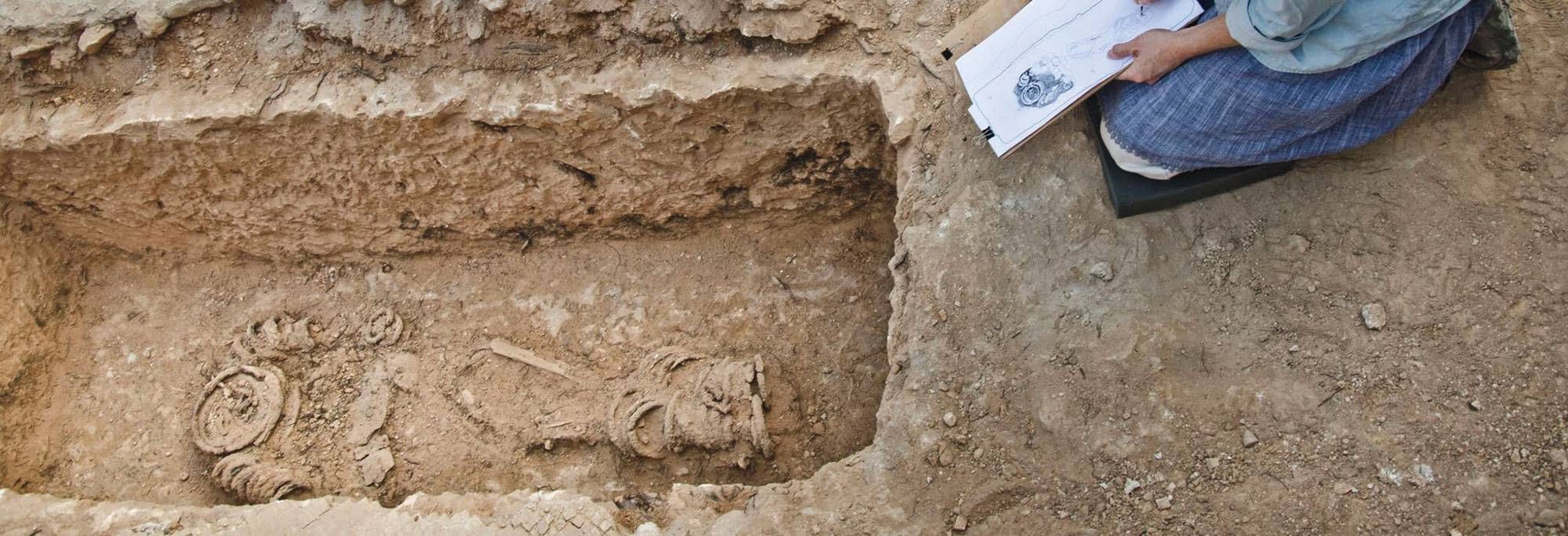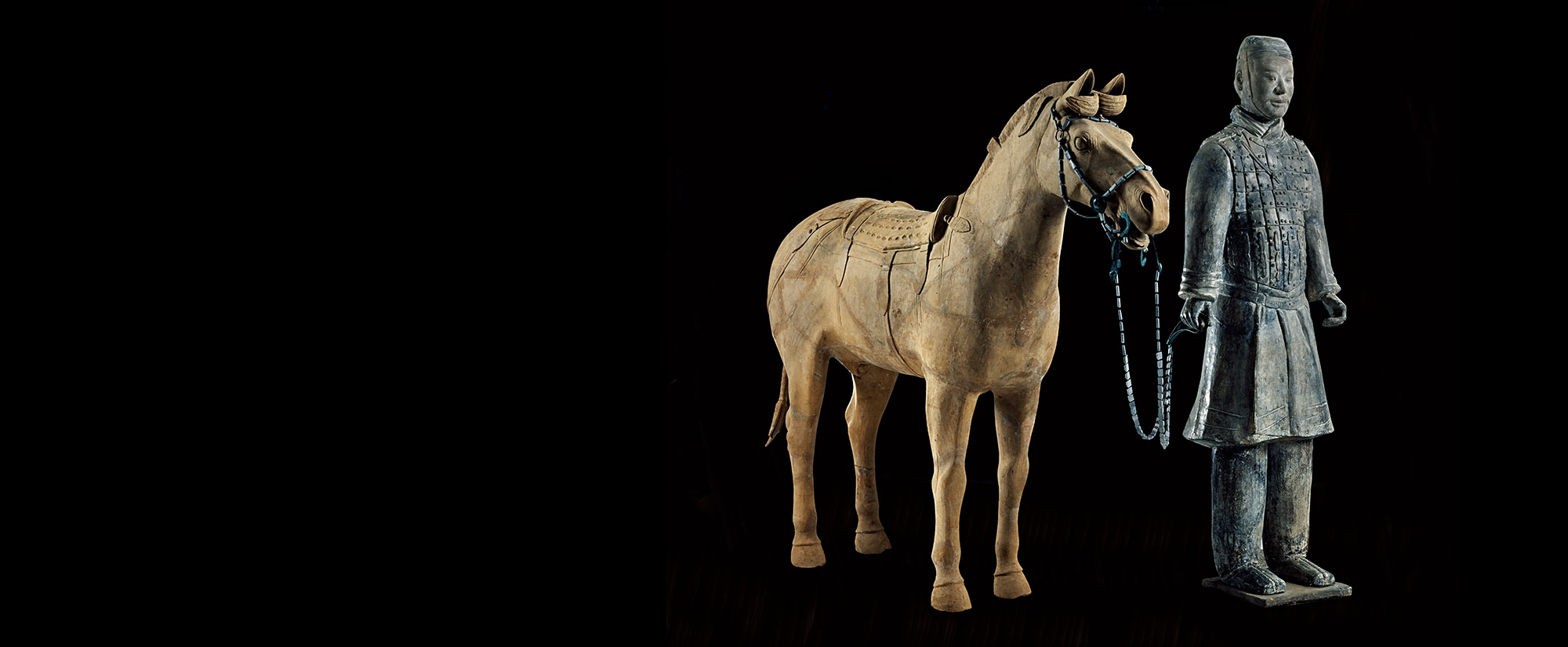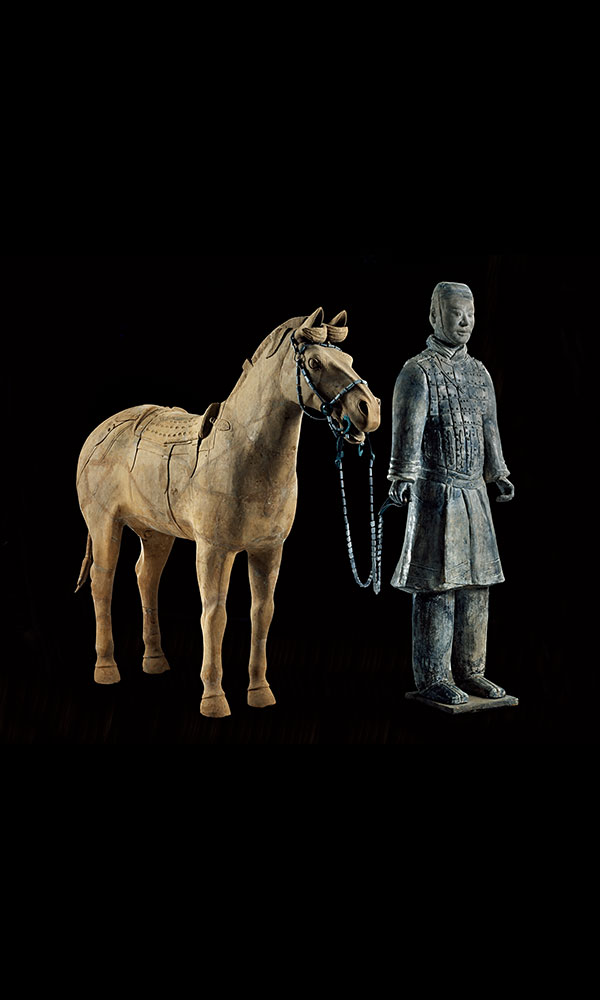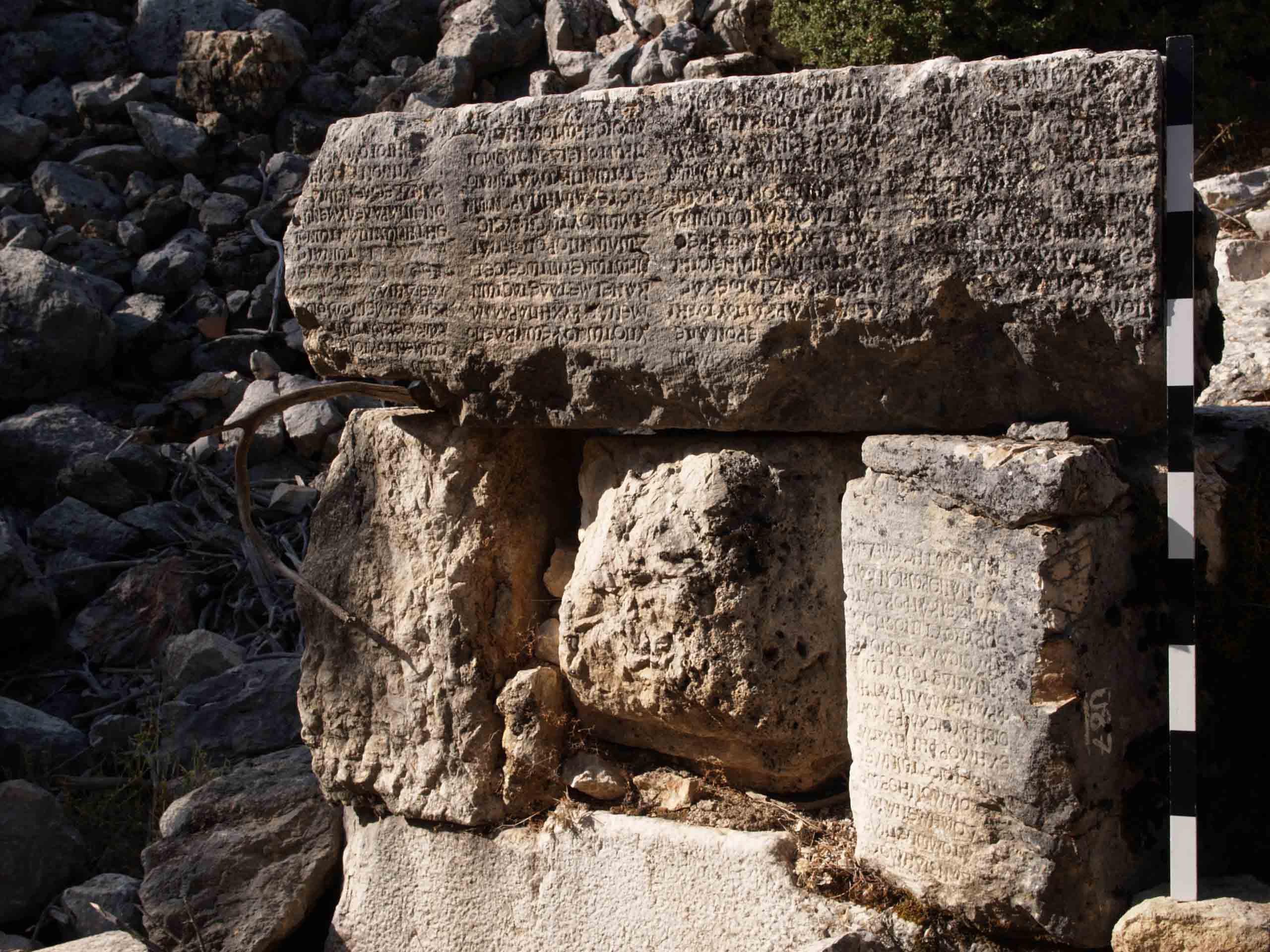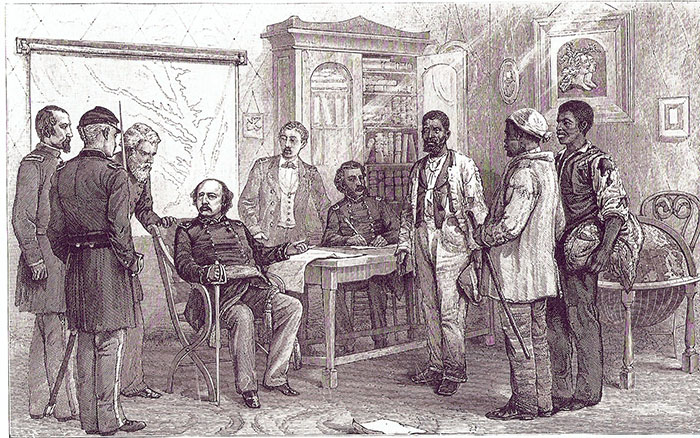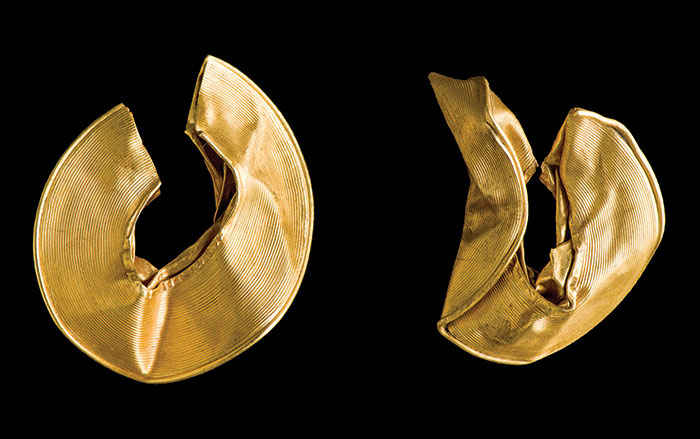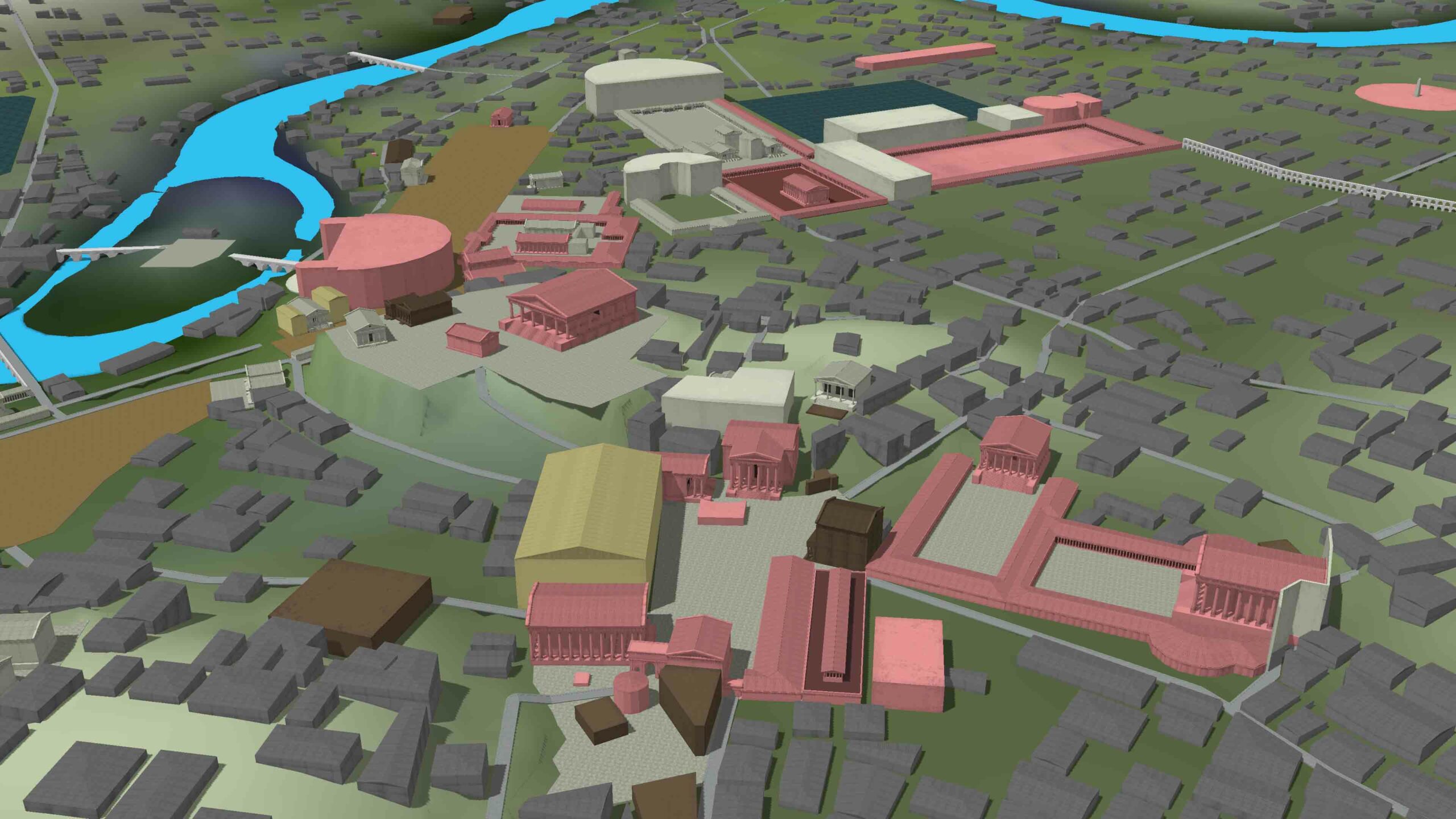
RAMAT-GAN, ISRAEL—The tops of fortification walls dating to the Iron Age and a monumental entrance gate have been discovered in Tel Zafit National Park, at the site of a large settlement thought to be the biblical-era city of Gath, known as the home of the Philistine warrior Goliath. The site was found in Tell es-Safi, one of the largest mounds in Israel. “We knew that Philistine Gath in the tenth to ninth century [B.C.] was a large city, perhaps the largest in the land at that time,” archaeologist Aren Maeir of Bar-Ilan University told Live Science. Buildings, including a Philistine temple and an iron-production facility have also been uncovered. Pottery found near the monumental entrance gate resembles that associated with Philistine culture, but it also shows some influence of Israelite culture. “This mirrors the intense and multifaceted connections that existed between the Philistines and their neighbors,” Maeir added. To read more about the Philistines, go to "Temple of the Storm God."


